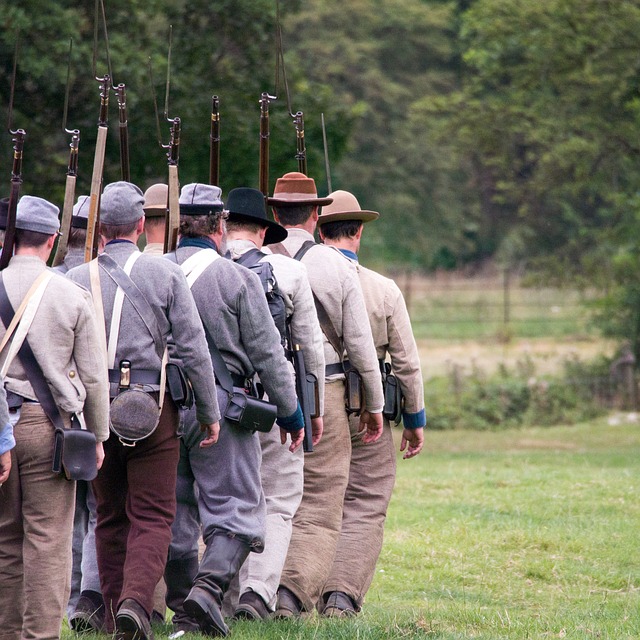Reconstruction commonly refers to the period right after the American civil war and refers to the intermediate period, immediately following the cessation of hostilities (1863-1877). While the main objective of the civil war was to bring the southern states to the heel and effectively end all forms of slavery in the south, it still continued in one form or another, for a hundred more years. But reconstruction did provide a panacea of sorts to both the northern states and the southern states though in all fairness it would be another fifty years and the start of the Great War that managed to unite them both again. It is worthwhile to examine the positive and negative impacts of reconstruction closely.

Positive impact of reconstruction:
End of slavery: With the end of the civil war, the US Congress ratified the thirteenth amendment which in effect, eradicated slavery in all forms from mainland US. And in a sense, the objective was won when the amendment came into force immediately. As per the amendment, plantation owners and others cannot own another person or utilize services for no payment or restitution. This amendment did provide relief to many African Americans who were often harshly treated and fed little while being overworked at the same time.
Right to vote: For the first time, African Americans were recognized as free citizens and were enfranchised; in effect, they gained the right to vote with the passing of the fifteenth amendment. It should be pointed out that women had to wait for 50 years before they became emancipated and gained the right to vote. Apart from this, this bill also ensured that African Americans had the right to stand for public office as well. This gave them a belief in the constitution and in effect, paved the way for their civil rights and liberties.
Economic benefits: With the reconstruction period and the fact that ex-slaves now had the same rights as all citizens, they can now own land, trade in goods and supplies and in fact, were offered many opportunities to better themselves. The civil rights also provided them with the right to enter into labor contracts in order to provide services for a fair rate.
Judicial rights: With the clearing of the 14th amendment, African Americans were granted civil rights just as any other citizen and gained equal protection as far as the law was concerned. It would be a while before this could be carried out to its full effect even though the amendment did clearly force all states to uphold the civil rights and liberties of all citizens.
Negative impact of reconstruction:
The rise of Ku-Klux-klan: Ku-Klux-klan is one of the most rabidly racist groups with a core belief in white supremacy. They came into being shortly after the cessation of all hostilities. This group was behind many murders, arson attacks, hangings and even rape but to date, only a select few members were ever arrested for these heinous crimes. This group still exists today and preaches racist teachings all over the US.
Land rights: Since the oppressed African Americans were rarely rewarded with money during their years in slavery, none had the funds required to purchase lands outright. And as for opportunities, since as slaves they were offered none, therefore they were unable to take advantage of the many opportunities afforded to them.
Black codes: Some of the southern states, with the objective of circumventing the amendments passed made it impossible for African Americans to either hold any public office representing their state or to be hired at fair labor rates. As a result of the black codes, several African Americans had to work under unenviable conditions for little by way of wages.
These are some of the positive and negative impacts of reconstruction period in the United States. One could argue that it would be another 50 to 70 years before African Americans became emancipated in every sense of the word. More importantly, the civil war and the reconstruction period set the agenda that would culminate with the election of the first African American president in US history. It is indeed telling that Obama made a special mention of the south in his memoirs for a closer look at his election would show that many in the Deep South exercised their franchise to vote an African American by descent, to the highest office in the land. How’s that for irony?
Further Reading
Reconstruction Updated Edition: America’s Unfinished Revolution, 1863-18 By Eric Foner
- Tulip Mania – The Story of One of History’s Worst Financial Bubbles - May 15, 2022
- The True Story of Rapunzel - February 22, 2022
- The Blue Fugates: A Kentucky Family Born with Blue Skin - August 17, 2021
